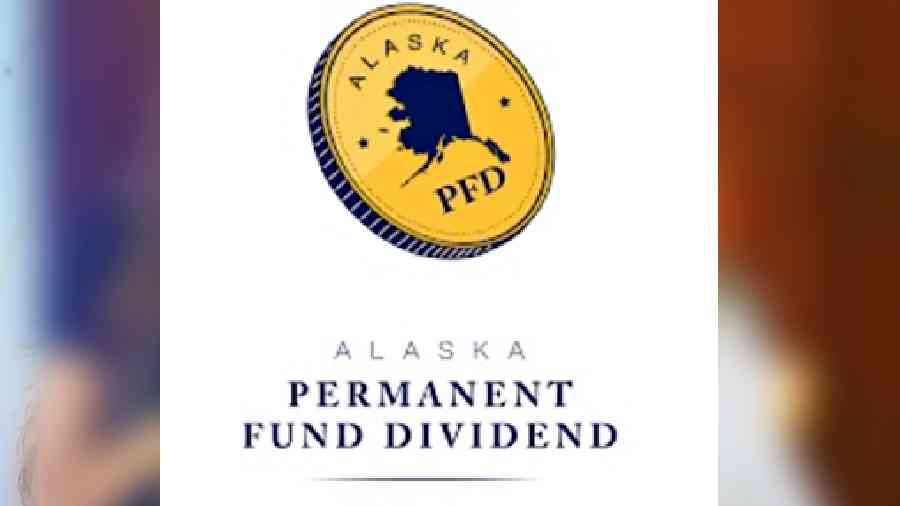We use our atmosphere as a giant reservoir to dispose of unwanted by-products of industrial activity. We are now at a stage where the atmosphere can no longer be indiscriminately used as a sink without far-reaching consequences. Although we all derive the same benefits from the atmosphere, the consequences of it being overburdened with pollutants are not universal. For some, the consequences are more severe, even existential. A workable, yet fair, solution for reducing atmospheric pollution has, thus far, remained elusive. The question of who should pay for reducing atmospheric pollution, and how, has bedevilled the process.
Alaska might have the answer and show the world what the process should be, and how to make it work. Alaskans have had the experience of establishing and administering a fund for over four decades — the Alaska Permanent Fund. Established in 1976, the APF is neither private nor public property. Unlike public property, the right to the revenue belongs to the people, not the State. Unlike private property, the right to the revenue cannot be traded and, thus, owned by corporations or usurped by a few.
The APF is the legacy of Governor Jay Hammond and Attorney-General Avrum Gross. As oil production commenced in Alaska, the State amended its Constitution to create the APF under the premise that Alaska’s mineral wealth belonged to its citizens, including the yet to be born, and that all should receive equal annual dividends from its extraction. At the end of August 2022, the fund was worth over $73 billion and paid out an annual dividend of $1,114 per citizen last year.
Conceptualising the atmosphere as universal property might allow us to devise a system for protecting it and yield cash benefits to us all.
The visionary American entrepreneur, Peter Barnes, proposed a market-based institution called Sky Trust that would set limits on carbon emissions and pay dividends to all of us. The Trust (whose beneficiaries include future generations) would be funded by the payments that polluters would be required to pay for the right to emit carbon dioxide. Dividends would be paid annually, in much the same way that Alaskans have been receiving cash benefits from oil companies that drill in their state. The idea is to treat the atmosphere’s limited carbon-absorption capacity as a joint inheritance that belongs to each one of us. Barnes argued that we ought to strictly limit the use of fossil fuels, charge prices for the carbon emissions that we permit, and recycle the revenue to the public as dividend. By employing property rights and markets, we may be able to protect not only the atmosphere but also water, forests,and other life-sustaining common resources and pass these on to future generations undiminished.
If implemented at scale,universal property has the potential to address extreme inequality and provide an asset-based source for a universal basic income not dependent on redistributive taxation.
Negotiators at the forthcoming climate CoP 27 at Sharm El-Sheikh (November6-18) take note, please. You have haggled for much too long and we have gained precious little in the form of Adaptation Fund and GreenClimate Fund. Funding for loss and damage remains uncertain despite the Warsaw International Mechanism for Loss and Damage associated with Climate Change Impacts being in place sinceCoP 19 in 2013. We do not need the largess of former colonial powers either, although Denmark’s pledge at the sidelines of the UnitedNations General Assembly in September to provide kr.100million ($13 million) to developing nations that have experienced unavoidable social and financial impacts because of climate change is a small step towards climate justice.
Anamitra Anurag Danda is an environmentalist currently serving as Director, Sundarbans Programme, WWF-India and is a Senior Visiting Fellow, ORF










